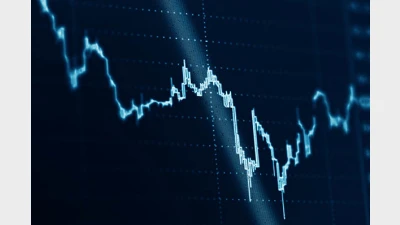Investor confidence down in October


State Street Global Markets’ Global Investor Confidence Index (ICI) dropped to 80.1 points in October, down 3.8 points compared to September’s reading, due to a 17.4 drop from European investors.
At the same time, the North American ICI fell two points to 76.8 while the Asian ICI increased to 91.7 points from 84.5.
According to Rajeev Bhargava, head of investor behaviour research at State Street Associates, the aggregate risk appetite in October went down due to the decline in sentiment among the US and European investors who were concerned in the face of a second wave of COVID-19 infections.
“Interestingly, Asia witnessed a bounce in investor appetite, possibly reflecting the region’s current ability to contain the virus locally,” Bhargava said.
“However, combined with the uncertainly over the upcoming US election, the long-term trend for global investor sentiment remains unclear. It will be important to see if risk appetite steadies regionally on the outcome of the election or whether the rise in COVID-19 infections we are seeing remains a driving force that will continue to impact investors over the next several weeks.”
The index aimed to measures investor confidence or risk appetite quantitatively by analysing the actual buying and selling patterns of institutional investors, with a reading of 100 being neutral and representing the level at which investors are neither increasing nor decreasing their long-term allocations to risky assets.
Recommended for you
As market volatility persists, some super funds are pivoting defensively, while others are strategically positioning to capitalise on emerging opportunities.
New data has shown a progressive deterioration in risk appetite among instos even prior to Donald Trump’s latest round of tariffs.
UniSuper has reached “peak investment” in US assets and is now preparing to reassess its exposures amid ongoing sharemarket volatility.
Investors have slashed their US equity allocations to the lowest level on record, according to new data from Bank of America.












